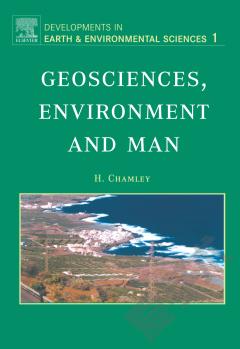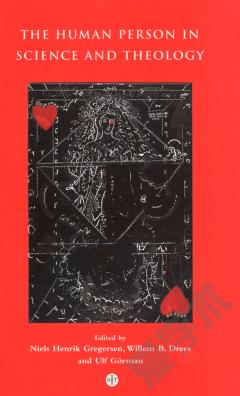Phenomenology, Science and Geography: Spatiality and the Human Sciences
A work of outstanding originality and importance, which will become a cornerstone in the philosophy of geography, this book asks: What is human science? Is a truly human science of geography possible? What notions of spatiality adequately describe human spatial experience and behaviour? It sets out to answer these questions through a discussion of the nature of science in the human sciences, and, specifically, of the role of phenomenology in such inquiry. It criticises established understanding of phenomenology in these sciences, and demonstrates how they are integrally related to each other. The need for a reflective geography to accompany all empirical science is argued strongly. The discussion is orgamsed into four parts: geography and traditional metaphysics; geography and phenomenology; phenomenology and the question of human science; and human science, worldhood and place. The author draws upon the works, of Husserl, Heidegger, Gadamer and Kockelmans in particular.
{{comment.content}}








 京公网安备 11010802027623号
京公网安备 11010802027623号